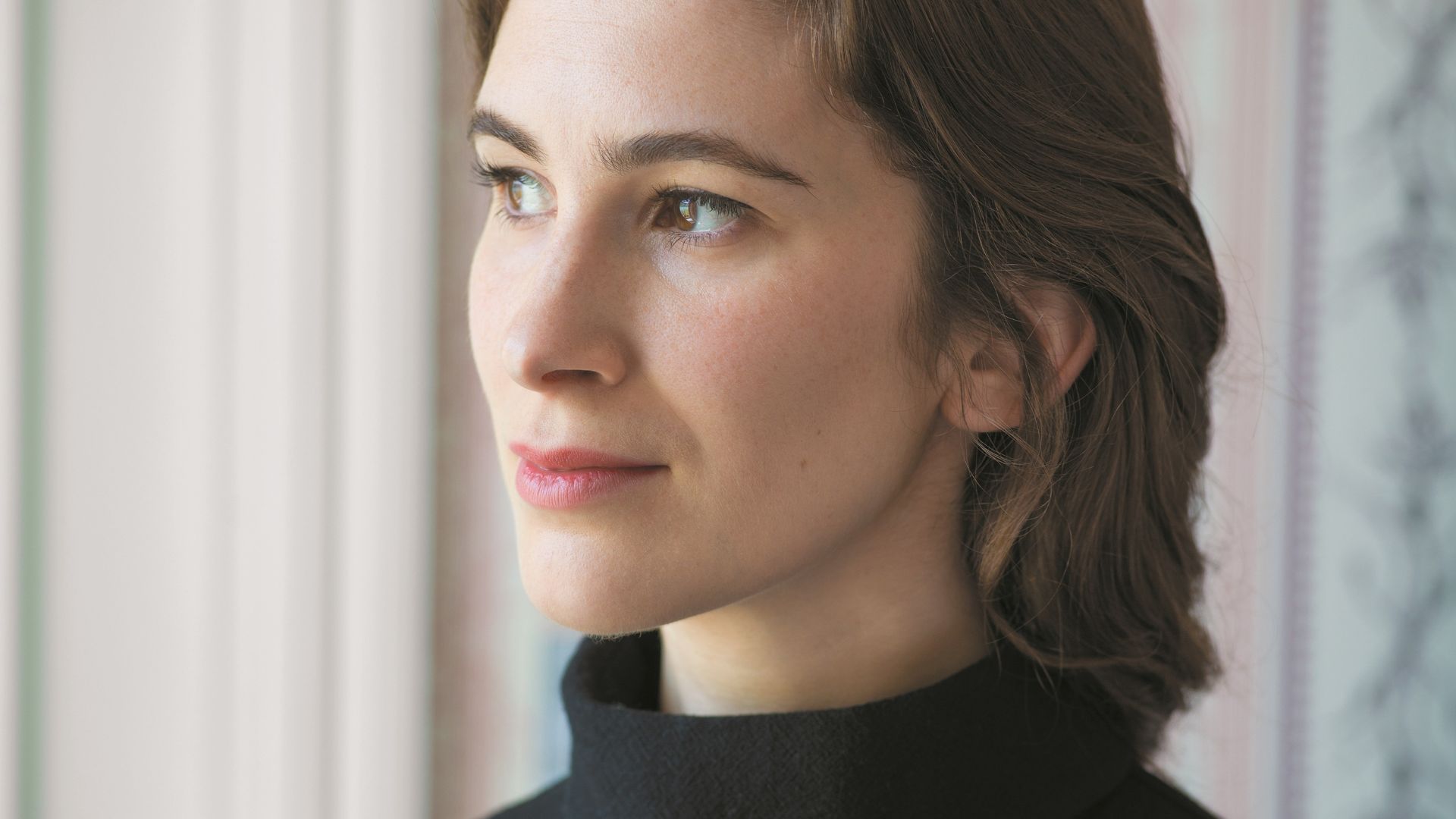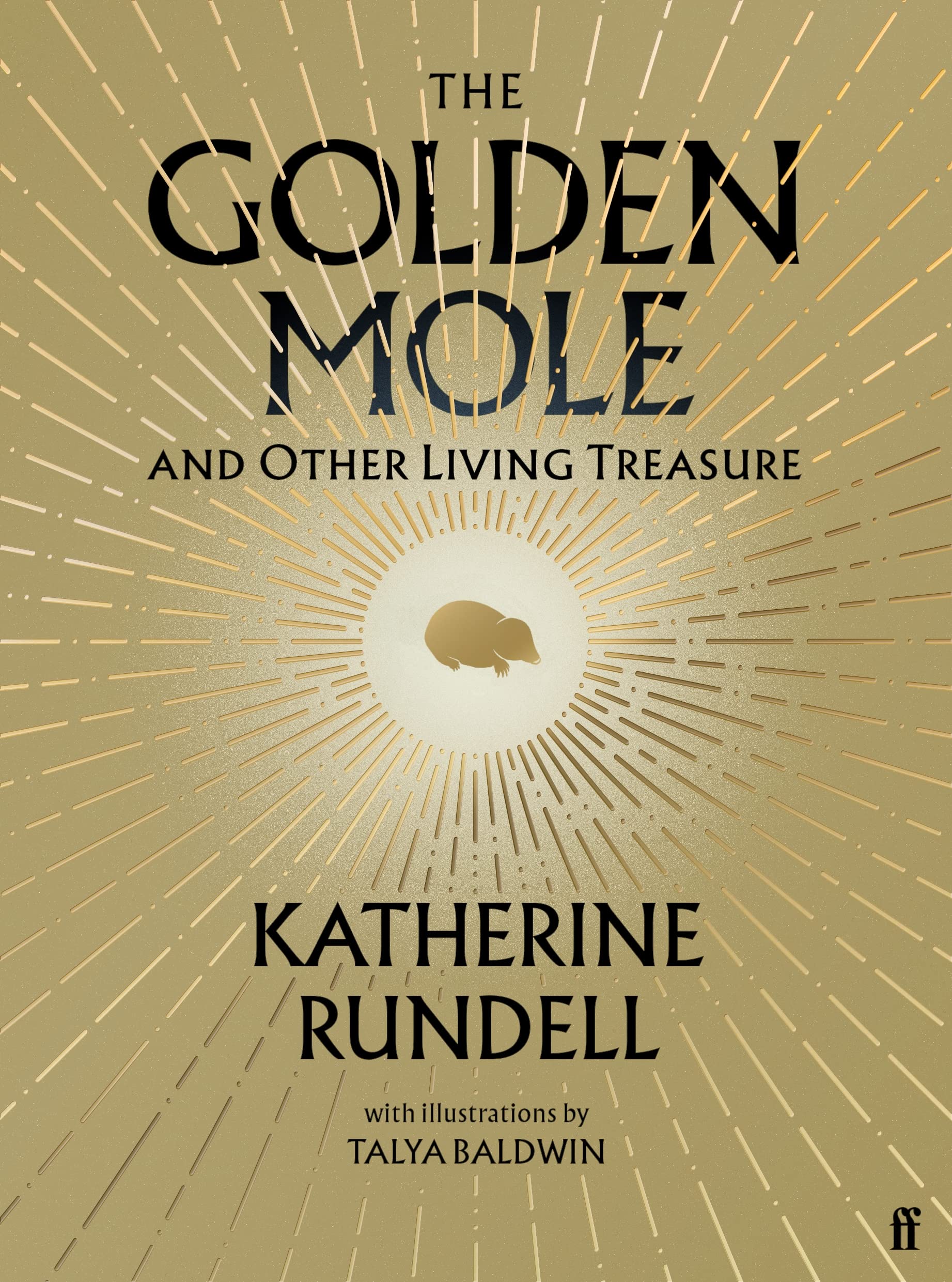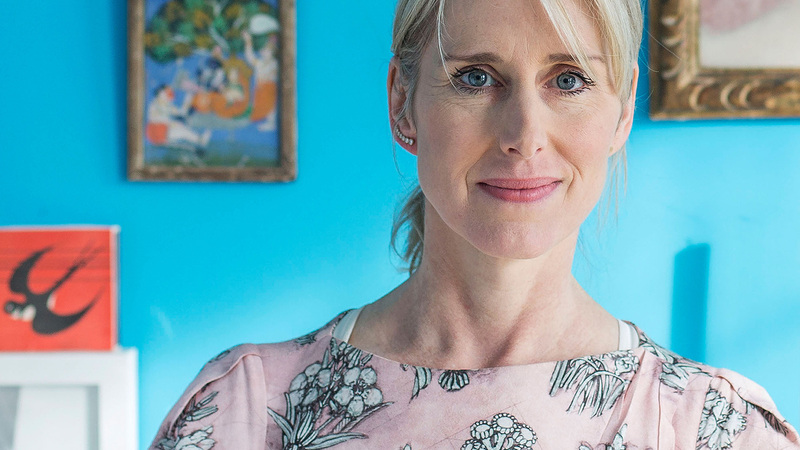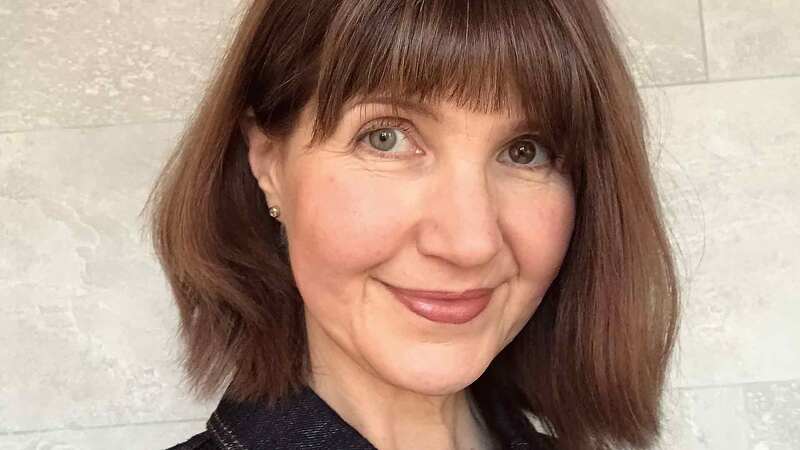You are viewing your 1 free article this month. Login to read more articles.
Katherine Rundell discusses how love and attention can galvanise change and help save the planet
With refreshing optimism, Katherine Rundell hopes to inspire a determination to protect the planet
It is the project that I have most loved working on in my entire life,” Katherine Rundell says of The Golden Mole: And Other Living Treasure over coffee when we meet in King’s Cross. “Of all my books, it has been a joy to do the research and it is an expression of love.”
An award-winning children’s author and acclaimed biographer of the poet John Donne, Rundell has now turned her attention to the world’s most incredible and endangered species. In just under 200 pages, with illustrations from Talya Baldwin, Rundell writes in adoration of animals such as the narwhal, the crow, the pangolin and 19 others. Combining history, literature, myth and biology, she provides brief, witty and humbling snapshots into the lives of these beings and a history of human engagement that has seen them hunted, abused and threatened. Her fervour is so contagious that when she suggests waking every morning and screaming about the wonder of seahorses, I am inclined to do just that.
In The Golden Mole, Rundell dons her metaphorical hat and coat, taking on the guise of a “circus ringmaster” as she points to each animal and asks us to be astonished, for “there is power in astonishment”. Taking inspiration from the American author and activist bell hooks, Rundell hopes to evoke “love that can have in it fury at harm done”. “When I say that love is the precondition for change, I mean a larger kind of love than the Hollywood romance,” a love “that can have in it an active focus, love that is almost indistinguishable from attention. Love that is a kind of iron-willed cherishing that has in it a kind of steeliness.”
The collection is intended as a “salute to glory rather than a text of fury”, seeking to inspire our determination to protect the animals and environments under threat from climate change and human activity: “I wanted a sense of accumulated beauty; that [The Golden Mole] would end with a sense of wonderment, a sense that that which we live alongside is so much vaster than even our most vast imagination.”
The ways in which attention can be alchemic, the way that attention is the absolute necessary pre-condition for any kind of change
The scales of pangolins are “the same shade of grey-green as the sea in winter”, bats are “connoisseurs of darkness” and the ears of mountain hares are “lined in pink velvet”: Rundell writes these descriptions with a “small hope” that we will give these wonderful creatures our attention. Following from the American poet Mary Oliver, Rundell explains that “attention is the beginning of devotion”. “[Oliver] meant attention as galvanic of action, attention as galvanic of change. The ways in which attention can be alchemic, the way that attention is the absolute necessary pre-condition for any kind of change.”
In this, as in her expansive treatment of love, Rundell shows that the path towards activism does not have to be born from despair but can result from close attention to the “staggering beauty” of the world. “For what is the finest treasure?” she asks. The answer is, of course, “Life”. Every animal Rundell turns her attention to is in some way endangered because of human activity, be it deforestation, hunting, chemical pollution or habitat destruction, all of which contribute to climate change. Life, our finest treasure, is under threat.
Turn off the tap and save the penguins
If there is hope of saving these species and reversing the effects of climate change—and Rundell insists there is—we first need unity: “We will need to find a way to believe in politics together, because fundamentally the question of climate change is one of huge global co-operation.” She says: “I’m not a political scientist”, but believes a change in the global political landscape is a necessary step towards initiating great changes. Although “huge systemic change is staggeringly difficult, nonetheless, [it is the issue] that we need to keep thrusting to the forefront of the attention of those who have power”.
So much of the difficulty around climate change is that it is very difficult for us to reckon with concepts that are not intimate, human or singular
Individual responsibility is trickier to discern, so Rundell takes her cue from poet, novelist and environmentalist Wendell Berry: “The actions we are offered constantly—use less energy, eat less red meat, fly less—all these things, they won’t be enough, they never could be. But that’s not why you do them; you do them because, as Berry says, they are a way of speaking to yourself and to your neighbours that you mean what you say.” These affirmative acts, a “form of protest and a form of speech”, symbolise belief; they represent “a refusal to acquiesce on a daily basis”. Rundell adds: “So many of the ways of shifting your individual living are a form of protest, of staving off the weariness that would say you have already lost.” I am reminded of a poster in the bathrooms at my school: “Turn off the tap and save the penguins.” Even at a young age, we are told that our actions matter.
Rewriting the narratives
These individual deeds must be part of a collective effort against climate change to be effective. Wary of the narrative surrounding climate change that “makes it sound as if this is a problem so intractable that change, even huge changes, would make very little difference”, Rundell maintains that the environment can be healed. “We have a duty to believe that it is not too late,” she stresses, because “the people who benefit most from the narrative of ‘it’s too late’ are those who would seek to enrich themselves in the short-term at the expense of the world”.
Changing the narrative is not enough—a new narrative must be invented. “So much of the difficulty around climate change is that it is very difficult for us to reckon with concepts that are not intimate, human or singular”. In other words, climate change represents a foe that cannot be brought down in one fell swoop. Referencing Amitav Ghosh’s The Great Derangement (University of Chicago Press), Rundell explains that we are too accustomed to the “hero narrative”, a narrative where the individual conquers an evil typically defined as another individual or group. But “how do you write narratives about a fight that will always be ongoing?”, against an enemy which is both “invisible and miasmic”, asks Rundell. This is what we need to discover—“we will need these stories; we will need better ways of configuring what the great stories look like”.
Is it possible to start these new stories, and embolden the contest against climate change, with the wonder and love for our world which Rundell hopes to evoke? “Dear friends, would you look, only look, at what is here, and would you agree to astonishment, and to attention, and to love?” Rundell writes in the final lines of her introduction to The Golden Mole. Made with the “tiny hope” that readers will “look at the complexity and fleetingness of these beauties”, The Golden Mole asks us to stop for a moment to consider and protect the beauty that is alive, but dwindling, in these marvellous creatures.











